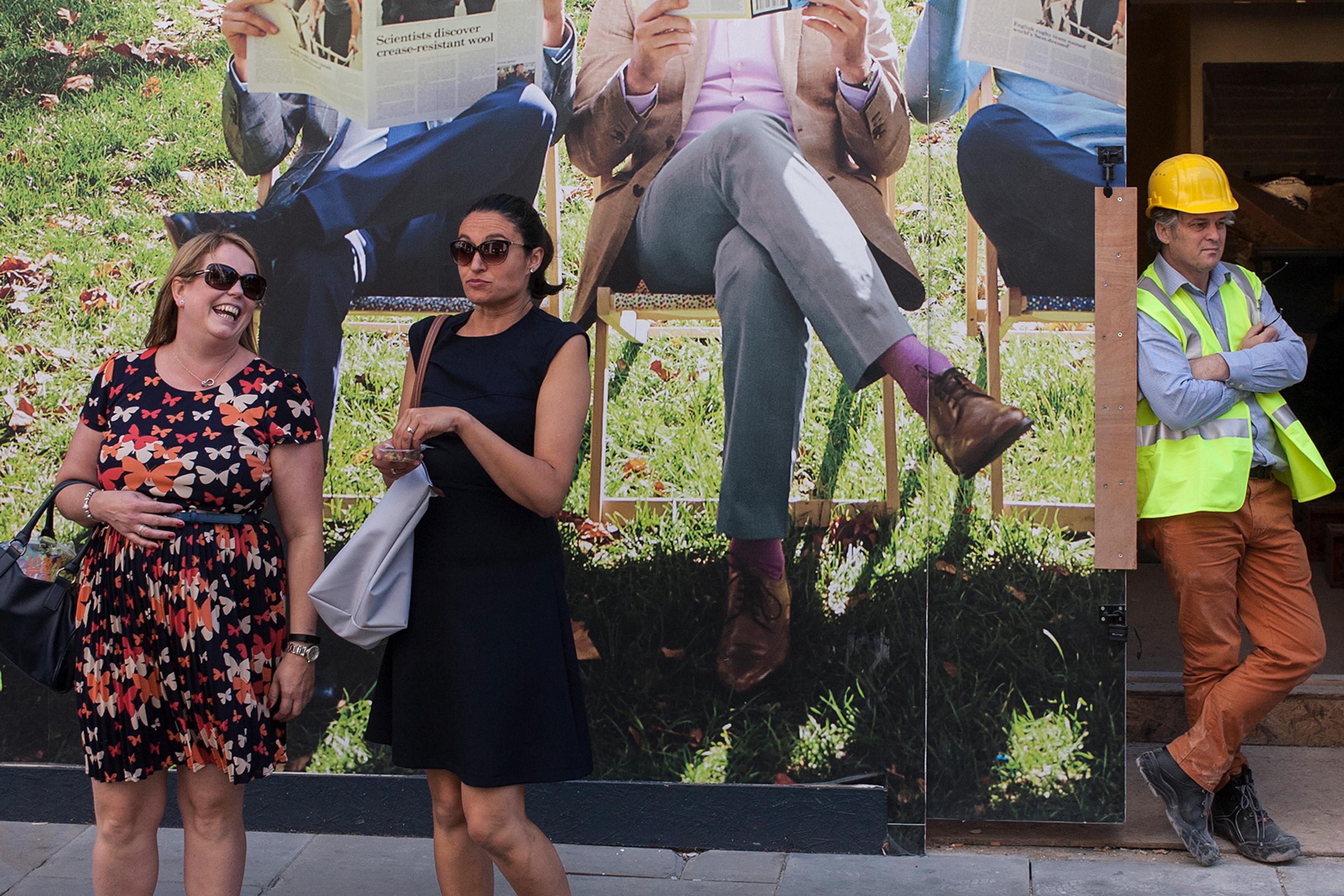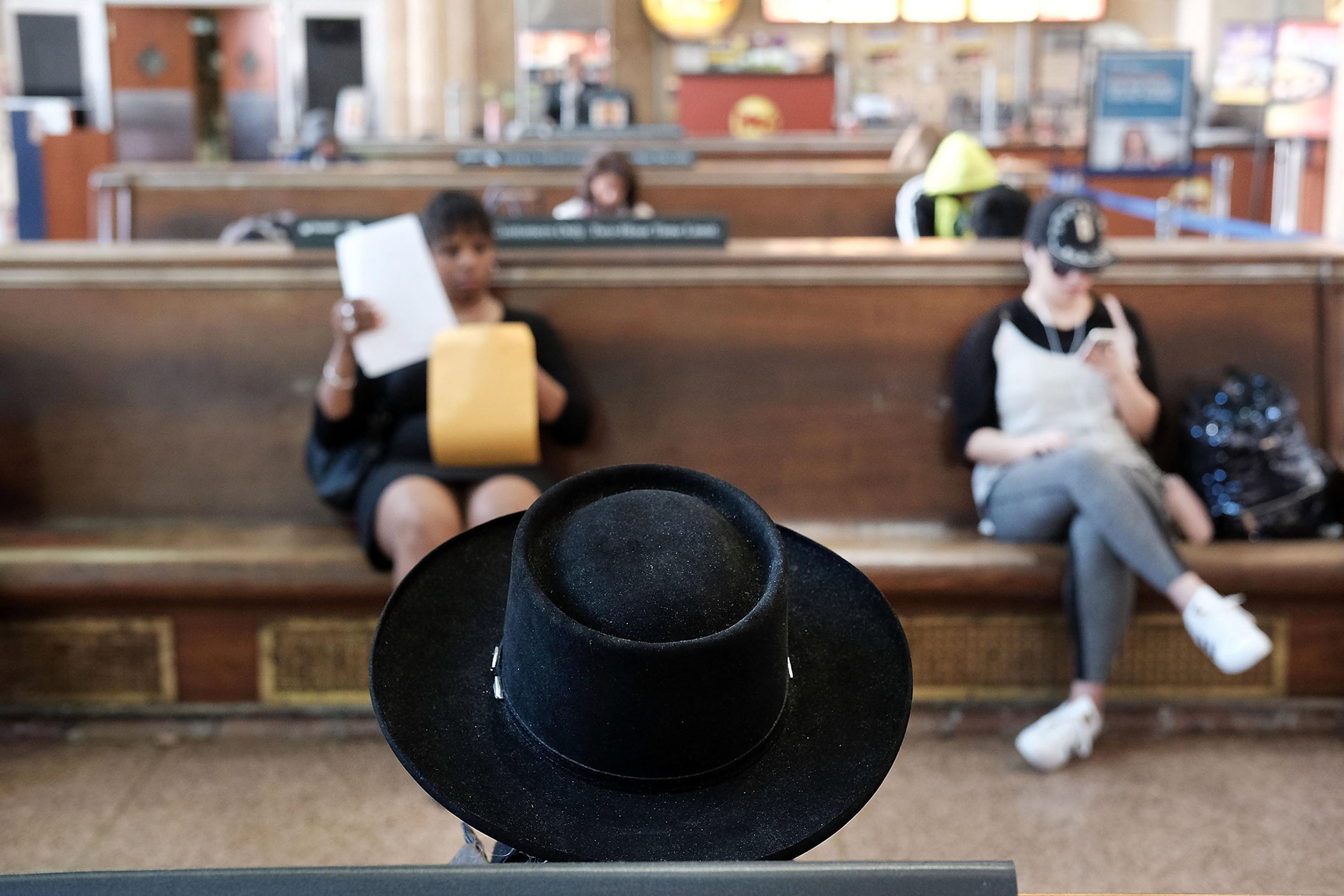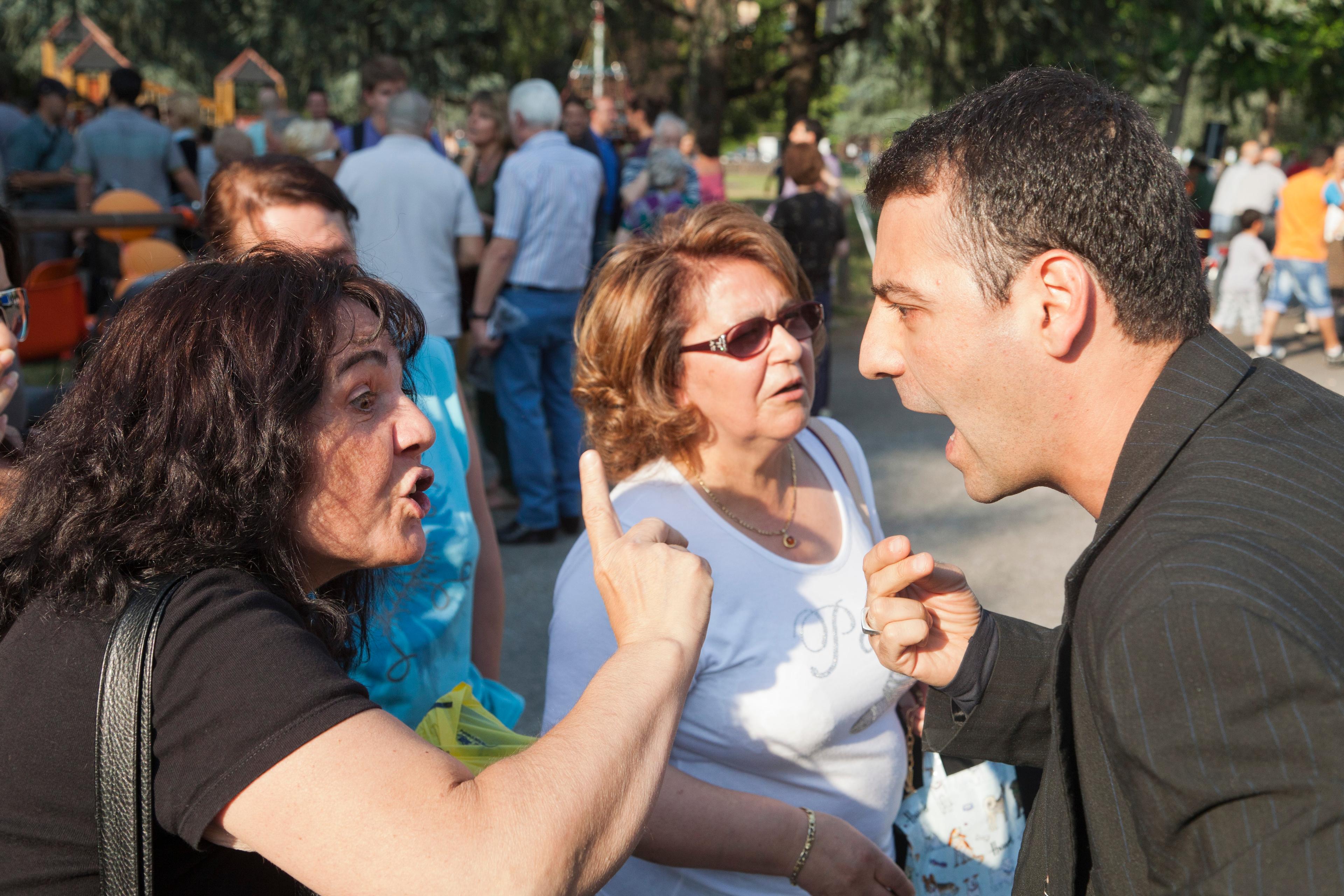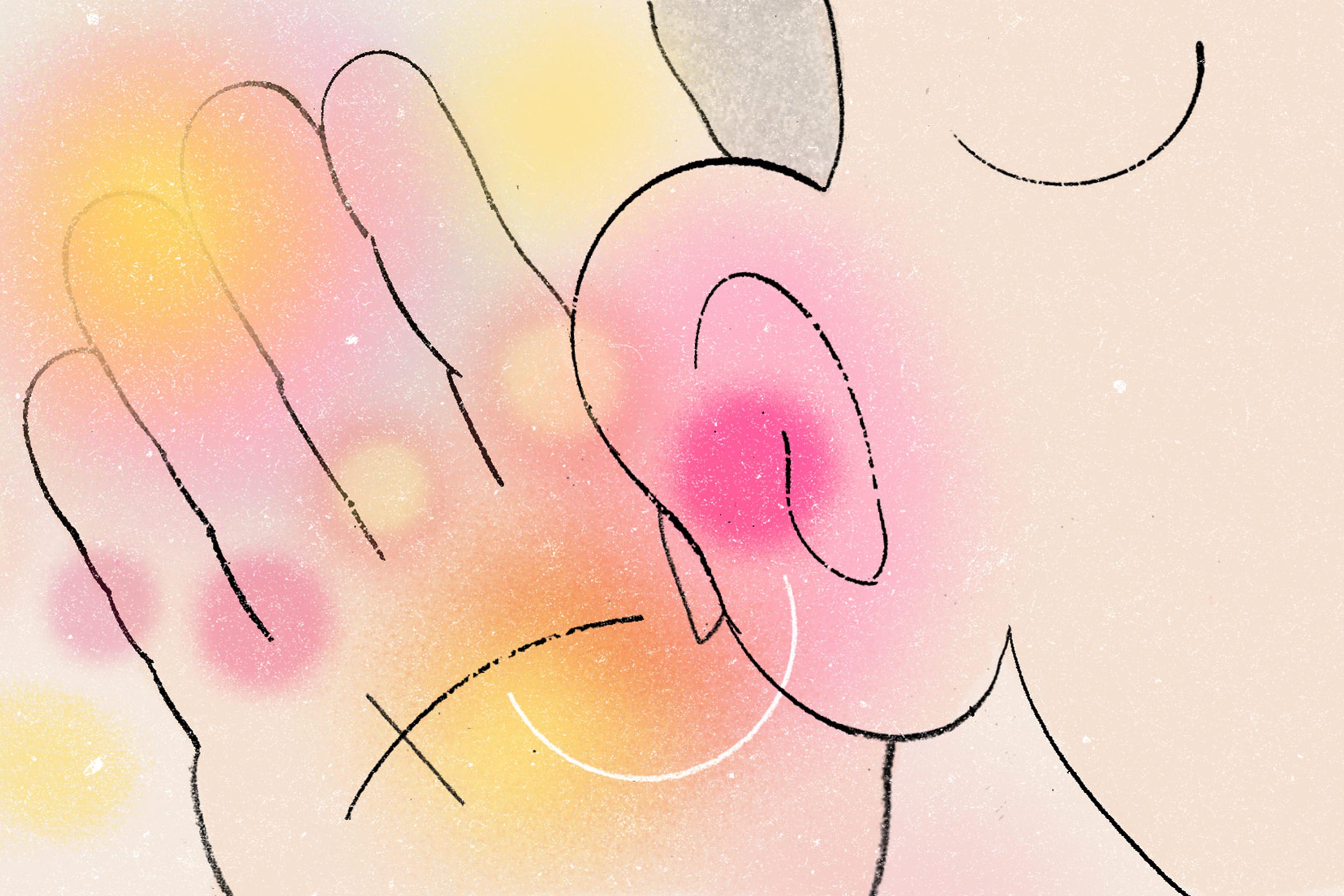Most of us probably have at least one thing that we’d like to raise with someone in a meaningful way, but the subject just seems too forbidding. It could be the other person’s habit of breaking promises, a negative comment they made that got under your skin, or a news event about which you don’t see eye to eye. You might imagine that bringing it up would stoke too much tension or anger to be worth the trouble.
But there is a risk in assuming the worst about how a conversation will go. What if the chat you avoid having could help resolve a problem in your relationship, or clarify an area of disagreement? What if it wouldn’t be nearly as rough as you expect? Encouragingly, research suggests that, in many cases, this sort of twist is likely. Nicholas Epley, a psychologist at the University of Chicago Booth School of Business, and his colleagues have repeatedly found that sit-down conversations – even ones about seemingly touchy subjects – often end up being more positive experiences than people anticipate.
In a set of studies published earlier this year, Epley and James A Dungan focused on what they call ‘constructive confrontations’. This is the kind of conversation where one person brings up a problem or concern in the relationship in an open way, with the aim of addressing it. In one of their experiments involving 50 pairs of romantic partners, one member of each couple was asked to raise an unresolved issue they had with the other person, which ranged from ‘sleeping habits and miscommunications to feeling disconnected or lacking a sense of intimacy’. Prior to the conversation, the person initiating it rated how they thought their partner would respond, including how angry they would feel, how sympathetic or understanding they’d be, and how much it seemed like they would work cooperatively to address the problem.
Compared with these predictions, the confronted partners responded in the actual conversation with less anger and more positivity. (Confronters anticipated a modest amount of anger, on average; in practice, their partners reported barely any at all.) Two weeks later, participants tended to say that they had little regret about having the talk, and that their relationship had become closer. These results echoed other studies in the series, such as one in which roommates aired their complaints. ‘I think everybody can resonate with this to some extent,’ Epley says – ‘cases where you were afraid to have that hard conversation, and then, oh God, you’re so happy that you did.’
What causes us to misforecast the mood of conversations like these? Part of it, Epley explains, is that when you think about how an interaction will go, your mind often jumps to the most easily imagined outcome, not necessarily the most likely one. ‘And sometimes,’ he says, ‘those outcomes are ones that are particularly emotional and threatening to us.’ Say you’re thinking of gently calling attention to a roommate’s habit of not cleaning their dishes, your vision of how they’ll respond might be coloured by that one time, years ago, when you had a similar conversation with a previous roommate, who became defensive and aloof.
Another possibility is that the other person is more likely to detect your positive intentions than you realise. And once a conversation gets going, Epley explains, even when it’s about a point of concern or contention, there are social forces that kick in and can help draw people together. These include reciprocity (eg, I smile at you, you smile back at me) and the responsiveness that many people naturally show in interactions. Even with simple things like saying ‘mhmm’ in response to a comment, Epley says: ‘I can tell you’re paying attention to me, because you’re listening. Now we’re in coordination, now we’re working together. It’s like a dance where we know the same moves. I say something, you say something in return. And that responsiveness alone tends to draw people together.’
Smiles and other signs of attention are nowhere to be found when you’re exchanging political views in comment threads
Similar dynamics could be at play when two people sit down and have a conversation about a political or social issue. When Epley co-conducted several experiments with Kristina A Wald and Michael Kardas, asking strangers to discuss political issues on which they disagreed, they found that here, too, people expected the interactions to go less well than they actually did. Across topics such as climate change, abortion, gun control, religious freedom and racial justice, participants on the whole gave more pessimistic ratings of anticipated awkwardness, hostility, enjoyment and so on than were warranted, based on how they rated their conversations afterwards. The participants also perceived themselves as more connected, and their opinions as more similar, after the conversation than they did before it.
You might be wondering: why did these political conversations tend to go so well, at a time when it seems like everyone is at each other’s throats? Well, not every chat about politics is going to be respectful, of course. Perhaps it helped that these conversations involved strangers participating in a study together rather than, say, family members with a history of bickering. But a critical insight from this research is that the mode of conversation also matters. Those ‘mhmms’, head nods, smiles and other signs of attention that help ease in-person conversations are nowhere to be found when you’re exchanging political views in comment threads on social media or confronting someone via text message. So it makes sense that in another part of the research, in which participants were asked to exchange monologues rather than have a real conversation, their experiences were less positive overall.
‘Our data don’t just suggest that maybe you ought to try to approach or confront somebody more often,’ Epley says. ‘They also suggest that when you do it, you’d better do it in a way that actually enables connection. Don’t type to your spouse about this problem you’re having. Sit down with them and talk with them about the problem.’
The findings on better-than-anticipated confrontations and political discussions build on years of research from Epley and others showing that, more generally, social interactions are often less risky than people think. These studies suggest that people are overly wary about how someone will respond to a request for help, a message of support, a sensitive question about their life or opinions, or an effort to strike up a conversation while on a train or bus. These are all gestures with the potential to boost happiness or social connectedness. Another recent study found that a majority of people chose to avoid messaging an old friend, ‘even when they wanted to, thought the friend would be appreciative, had the friend’s contact information, and were given time to draft and send a message’. In a paper from 2022, Epley and colleagues reviewed the scientific evidence of ‘undersociality’. ‘Underestimating the positive consequences of social engagement’, they write, ‘could make people less social than would be optimal for both their own and others’ wellbeing.’
The lesson that people often underestimate how well social interactions will go is surprising given how frequently we have them, says Maurice Schweitzer, a researcher at the University of Pennsylvania and co-author of some of the abovementioned studies. ‘All of us should have a vast amount of experience to inform our thinking and judgment about conversations, but it turns out that most of us aren’t very good at predicting the consequences of our conversations.’
Difficult face-to-face conversations need to be had sometimes to promote understanding
When I spoke with Epley recently, he happened to be standing on the train, amid a crowd of commuters. ‘A bunch of them are sitting next to each other,’ he said. ‘A person could lean over and say “Hi” and they don’t. It’s like, you know, you were walking around in an orchard and there are apples around to be picked, and people don’t see them – and when they do, they don’t want to grab them.’
The rewards of having a conversation about what’s irking you at home, or about a controversial political topic, might be less obvious than the benefits of lighter chit-chat. But they are hardly less significant. Although it’s easier than ever to disappear behind our phones, difficult face-to-face conversations need to be had sometimes in order to promote understanding, whether the issue at hand is someone’s opposing views on religion or their failure to do the laundry.
The research doesn’t tell us that all (or even most) conversations about challenging subjects will conjure up a spirit of warmth and understanding. What it does suggest is that much of the time, they won’t be as rocky as expected, especially when people approach each other with positive intentions. It could even lead to increased feelings of connection with a new acquaintance, or some movement toward alleviating tensions in a relationship. ‘We only learn from the conversations we have; we don’t learn from the conversations we avoid,’ Epley says. ‘So when you think the conversation is going to go badly, you don’t give yourself the chance to find out that you could be wrong.’








